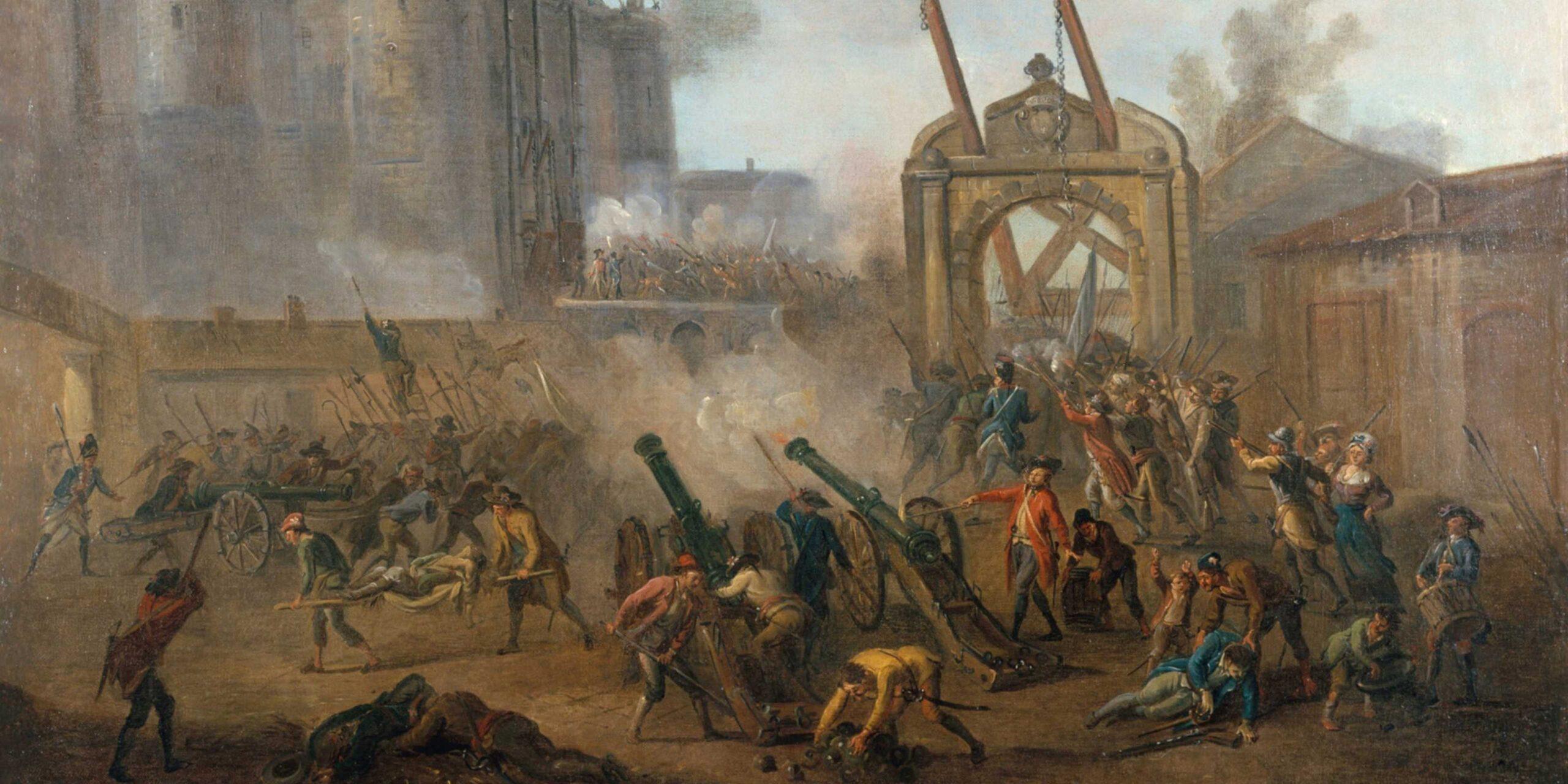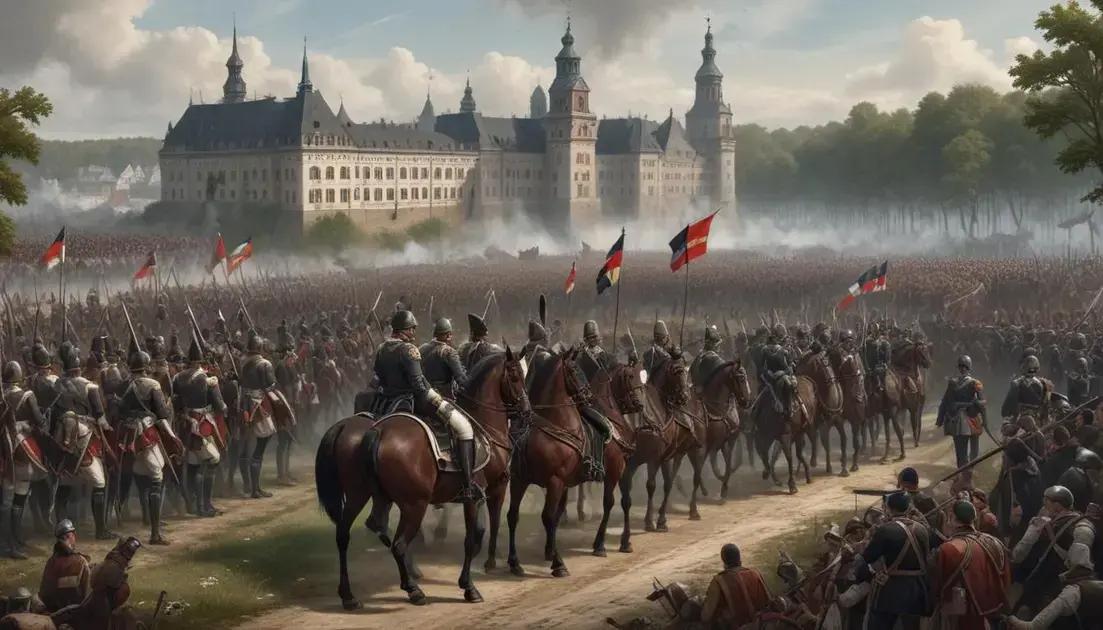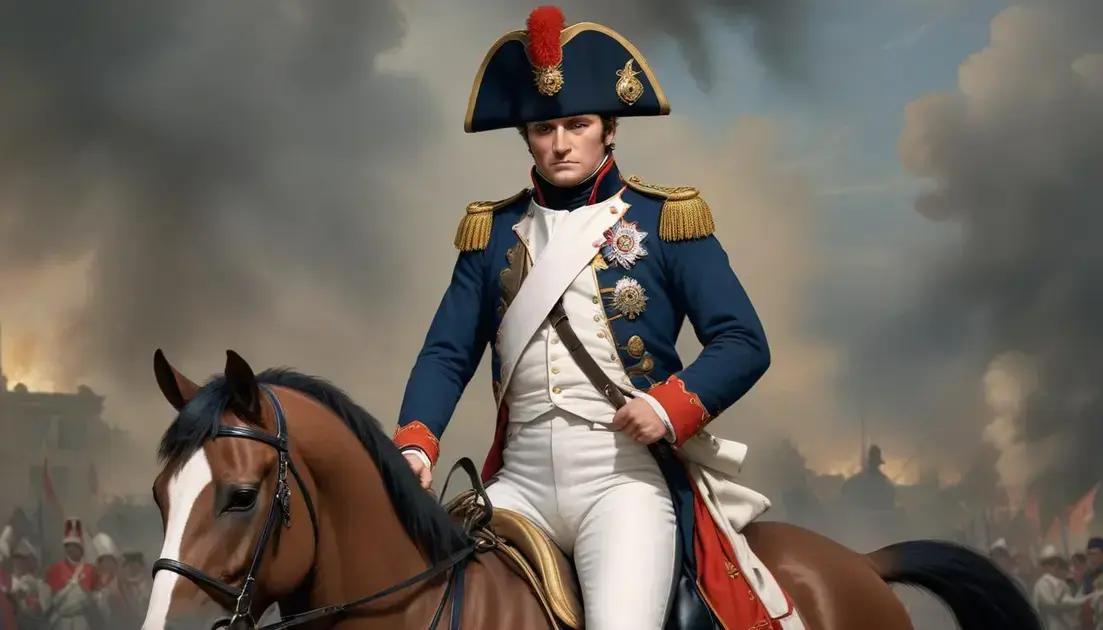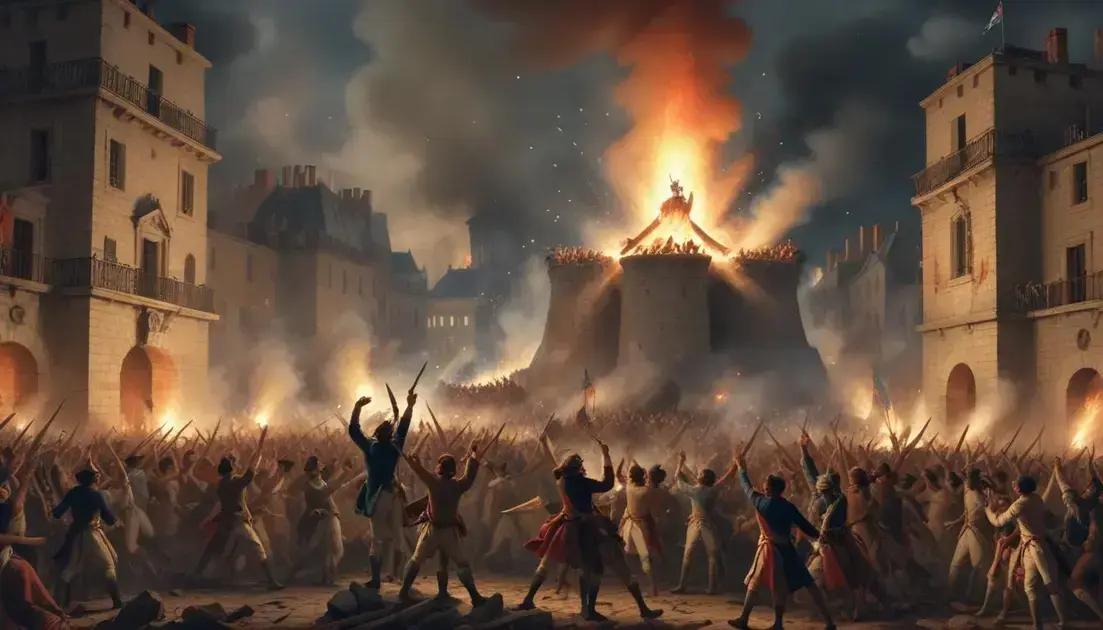
The History of the French Revolution and Its Global Impact
The French Revolution, a pivotal event in modern history, profoundly reshaped France, Europe, and the world. Its complexity stemmed from a confluence of social, economic, and political factors that culminated in a period of radical transformation. This essay will delve into the causes of the revolution, its key phases, and its enduring global impact.
I. The Seeds of Revolution: Underlying Causes
The French Revolution wasn’t a spontaneous eruption but rather the culmination of decades of simmering discontent. Several interconnected factors contributed to its outbreak:
A. Financial Crisis and Inequitable Taxation: France, emerging from costly wars like the Seven Years’ War (1756-1763) and the American Revolutionary War (1775-1783), faced a crippling financial crisis. Years of extravagant spending by the monarchy, coupled with inefficient tax collection, left the national treasury bankrupt. The burden of taxation fell disproportionately on the Third Estate – the commoners – while the privileged First Estate (clergy) and Second Estate (nobility) enjoyed extensive exemptions. This blatant inequality fueled resentment and anger among the peasantry and the burgeoning middle class. The fiscal mismanagement of Louis XVI and his ministers, who lacked the political will to implement meaningful reforms, exacerbated the situation, creating a climate ripe for rebellion. Specific examples of this inequity included the taille, a land tax that heavily burdened peasants, and the gabelle, a salt tax that further strained their already meager resources. The inability of the monarchy to address these issues, despite numerous attempts at reform, only fueled the flames of revolution. The escalating price of bread, a staple food for the populace, further contributed to the widespread poverty and unrest that characterized the period leading up to the revolution.
B. The Enlightenment’s Influence: The Enlightenment, a powerful intellectual movement emphasizing reason, individual rights, and popular sovereignty, profoundly shaped the political thought of the time. Thinkers like Jean-Jacques Rousseau, with his concept of the social contract and the general will, Voltaire, advocating for religious tolerance and freedom of speech, and Montesquieu, emphasizing the separation of powers, provided the intellectual ammunition for revolutionary fervor. Their writings challenged the legitimacy of absolute monarchy and the divine right of kings, fostering a culture of critical inquiry and questioning traditional authority. The salons, intellectual gatherings where Enlightenment ideas were debated and disseminated, played a crucial role in spreading these revolutionary ideals among the educated elite and the burgeoning middle class. The dissemination of these ideas through pamphlets, newspapers, and clandestine gatherings further fueled the revolutionary spirit.
C. Social Inequality and Class Divisions: French society was rigidly stratified into three Estates, with significant inequalities in wealth, power, and privilege. The First and Second Estates, comprising a tiny fraction of the population, controlled most of the land and wealth, while the Third Estate, encompassing the vast majority, bore the brunt of taxation and lacked political representation. The resentment generated by this unequal distribution of power and resources formed a fertile ground for revolutionary sentiment. The burgeoning bourgeoisie, a wealthy and educated middle class, felt particularly aggrieved by their exclusion from political power despite their significant economic contributions. Their aspirations for greater influence and participation in governance fueled their support for revolutionary causes. The peasantry, burdened by feudal obligations and crippling poverty, were easily mobilized by the promise of relief and social justice.
D. Weak Leadership and Political Ineptitude: Louis XVI, the king of France at the time of the revolution, proved to be an ineffective and indecisive leader. His lack of strong political will, coupled with his advisors’ inability to address the pressing economic and social problems, contributed to the escalating crisis. The queen, Marie Antoinette, further inflamed public opinion through her perceived extravagance and indifference to the plight of the common people. The monarchy’s repeated attempts at reform, such as the summoning of the Estates-General in 1789, often proved inadequate and ultimately fueled further unrest, failing to address the root causes of the widespread dissatisfaction.
II. The Storming of the Bastille and the Early Revolution (1789-1792)
The storming of the Bastille on July 14, 1789, is widely considered the symbolic start of the French Revolution. This act of defiance, though seemingly small in terms of its immediate consequences (few prisoners were held there), represented a powerful assertion of popular sovereignty and a rejection of the Ancien Régime. The event sparked widespread uprisings and violence throughout France as the people rose up against the perceived injustices of the monarchy and the aristocracy.
A. The National Assembly and the Declaration of the Rights of Man and of the Citizen: The Third Estate, recognizing its underrepresentation in the Estates-General, formed the National Assembly, declaring itself the legitimate voice of the French people. This bold move marked a significant challenge to royal authority. The Assembly subsequently adopted the Declaration of the Rights of Man and of the Citizen in August 1789, a pivotal document outlining the principles of liberty, equality, and fraternity, which would become cornerstones of the revolution and profoundly influence subsequent movements for human rights. The declaration’s emphasis on individual rights, popular sovereignty, and the separation of powers laid the groundwork for a more democratic and just society. However, the declaration’s influence extended beyond France, inspiring similar movements and revolutions across the globe.
B. The Great Fear and the Abolition of Feudalism: The summer of 1789 witnessed the “Great Fear,” a wave of panic and violence sweeping through rural France. Rumors of aristocratic conspiracies and counter-revolutionary plots fueled widespread peasant uprisings, leading to the destruction of feudal documents and the dismantling of the feudal system. This period marked a crucial turning point, effectively ending the long-standing system of feudal privileges and obligations that had characterized French society for centuries. The abolition of feudalism was a significant victory for the Third Estate and represented a major step towards establishing a more egalitarian society.
C. The Constitutional Monarchy and the Rise of the Girondins and Jacobins: The early phase of the revolution saw the establishment of a constitutional monarchy, aiming to reconcile the ideals of the Enlightenment with the existing monarchical structure. However, the struggle for power between different factions within the revolutionary movement, notably the Girondins and the Jacobins, soon led to political instability and escalating tensions. The Girondins, representing a more moderate approach to the revolution, clashed with the more radical Jacobins, who advocated for more extensive social and political reforms.
III. The Reign of Terror and the Thermidorian Reaction (1793-1794)
The escalating conflict between the Girondins and the Jacobins culminated in the Reign of Terror, a period of intense political repression and violence. Maximilien Robespierre and the Committee of Public Safety, wielding almost absolute power, embarked on a campaign to eliminate perceived enemies of the revolution, leading to the execution of thousands through the guillotine. This period, while undeniably brutal, reflected the radicalization of the revolution and the desperate attempts to consolidate power and maintain order amid internal and external threats. The Reign of Terror serves as a stark reminder of the dangers of unchecked power and the potential for revolutionary fervor to degenerate into tyranny.
A. The Rise and Fall of Robespierre: Robespierre, initially a popular figure associated with revolutionary virtue and incorruptibility, gradually became increasingly authoritarian and paranoid. His increasingly radical policies and relentless pursuit of enemies led to his own downfall in the Thermidorian Reaction of July 1794, marking the end of the Reign of Terror. The Thermidorian Reaction saw the overthrow of Robespierre and the establishment of a more moderate government, marking a turning point in the direction of the revolution.
B. The Directory and the Rise of Napoleon: Following the Reign of Terror, the Directory was established, a five-man executive body intended to provide a more stable government. However, the Directory proved ineffective in resolving the numerous challenges facing France, including economic instability and ongoing conflict with neighboring countries. This period of political instability paved the way for the rise of Napoleon Bonaparte, a brilliant military leader who would eventually seize power in a coup d’état, bringing an end to the revolutionary period and ushering in a new era.
IV. The Global Impact of the French Revolution
The French Revolution had a profound and far-reaching global impact, extending beyond the borders of France and inspiring revolutionary movements across the world.
A. The Spread of Revolutionary Ideas: The revolutionary ideals of liberty, equality, and fraternity resonated deeply with people across Europe and beyond, inspiring movements for greater political and social freedom. The revolution’s emphasis on popular sovereignty and individual rights challenged existing monarchies and established orders, leading to widespread uprisings and rebellions. The revolution’s impact on the concept of nationalism was significant, as it fostered a sense of national identity and the desire for self-determination among various groups across Europe.
B. The Haitian Revolution: The French Revolution had a direct and profound impact on the Haitian Revolution (1791-1804). Inspired by the ideals of liberty and equality, enslaved Africans in Saint-Domingue (modern-day Haiti) revolted against their French colonial masters. Led by Toussaint Louverture, the Haitian Revolution ultimately resulted in the establishment of an independent Haiti, the first successful slave revolt and the first independent Black republic in the world. This event is a testament to the global reach and transformative potential of the French Revolution’s ideals.
C. Napoleonic Wars and the Reshaping of Europe: Napoleon’s rise to power marked a significant turning point in the aftermath of the revolution. His military campaigns reshaped the map of Europe, spreading French influence and revolutionary ideals across the continent. The Napoleonic Wars, though ultimately unsuccessful in establishing a lasting French empire, profoundly impacted European politics, leading to the redrawing of borders and the spread of revolutionary ideas, even under the authoritarian rule of Napoleon himself.
D. The Legacy of the French Revolution: The French Revolution left a lasting legacy on the world. Its emphasis on human rights, popular sovereignty, and the separation of powers continues to shape political thought and practice across the globe. The concepts of liberty, equality, and fraternity, though often imperfectly realized, remain powerful ideals that inspire movements for social justice and political reform around the world. The revolution’s impact on the development of modern nation-states and the rise of nationalism is undeniable, as it profoundly shaped the political landscape of Europe and beyond.
V. Conclusion
The French Revolution, a complex and multifaceted event, remains one of the most significant turning points in modern history. Its causes, phases, and consequences continue to be studied and debated, highlighting the enduring relevance of its legacy. While marked by violence and instability, the revolution ultimately contributed to the spread of democratic ideals, the development of modern nation-states, and the ongoing struggle for human rights and social justice. Its impact reverberates through the modern world, shaping our political, social, and intellectual landscape. The revolution serves as a powerful reminder of the dynamism of history and the enduring struggle to create a more just and equitable world.


